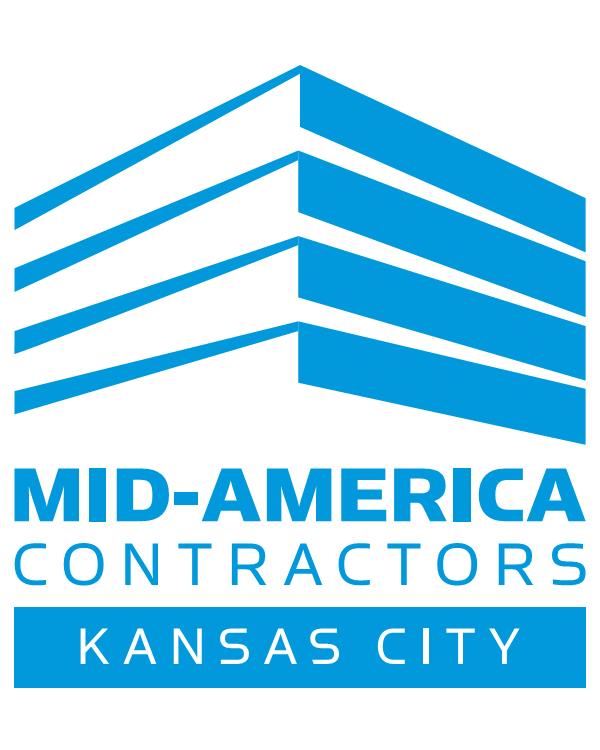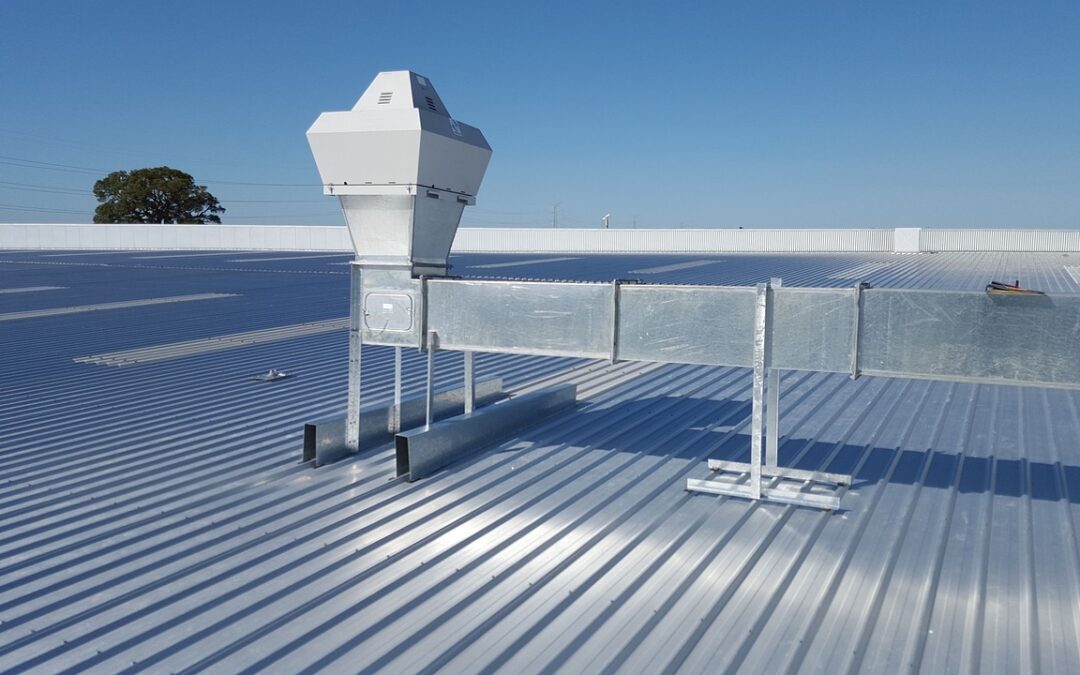Experiencing an HVAC malfunction within an occupied office building can be extremely inconvenient. Fortunately, by implementing proper maintenance practices, such disruptions can be avoided. Here are some good ways to prevent HVAC breakdowns:
- Regular Maintenance:
- Schedule routine maintenance by a qualified HVAC professional. Regular inspections and tune-ups can identify and address potential issues before they turn into major problems.
- Change Air Filters:
- Regularly change or clean air filters. Clogged filters can restrict airflow, reduce efficiency, and lead to system overwork, resulting in breakdowns.
- Monitor Thermostat Settings:
- Ensure that thermostats are set at optimal temperatures. Avoid frequent adjustments, as they can strain the system.
- Clean Coils and Fins:
- Clean the evaporator and condenser coils, as well as the fins, to prevent dirt and debris buildup. This improves heat exchange efficiency.
- Check Refrigerant Levels:
- Regularly check and maintain proper refrigerant levels. Low refrigerant can lead to inefficient operation and system damage.
- Inspect Ductwork:
- Periodically inspect and clean ductwork to ensure proper airflow. Leaks or blockages can strain the HVAC system.
- Invest in a Programmable Thermostat:
- Use programmable thermostats to adjust temperatures based on occupancy and usage patterns, optimizing energy efficiency.
- Educate Building Occupants:
- Educate employees or tenants about proper HVAC usage. Encourage them to report any unusual sounds, odors, or performance issues promptly.
- Upgrade Older Systems:
- Consider upgrading older HVAC systems to more energy-efficient models. Newer systems often require less maintenance and are more reliable.
- Implement a Preventive Maintenance Plan:
- Develop and implement a preventive maintenance plan tailored to your HVAC system. This may include regular inspections, cleaning, lubrication, and component replacements.
- Monitor Energy Consumption:
- Keep track of energy consumption and look for abnormal patterns. Sudden spikes may indicate potential issues.
- Emergency Preparedness:
- Have a contingency plan in place for emergencies. Know how to shut down the HVAC system safely if needed and have a reliable HVAC service provider on call.
- Train Staff:
- Train maintenance staff to recognize early signs of HVAC problems and address them promptly. Quick action can prevent minor issues from escalating.
- Investigate Unusual Noises or Odors:
- If you notice unusual noises or odors, investigate promptly. Unusual sounds or smells may be indicative of underlying problems that need attention.
By proactively addressing these aspects, you can significantly reduce the risk of a commercial HVAC malfunction and ensure the longevity and efficiency of your system. MAC offers comprehensive commercial plumbing and HVAC services throughout the city. Whether you require routine system maintenance or product replacement, our team is prepared to assist you. Our objective is to minimize downtime for your business, enabling you to quickly resume serving your customers.

